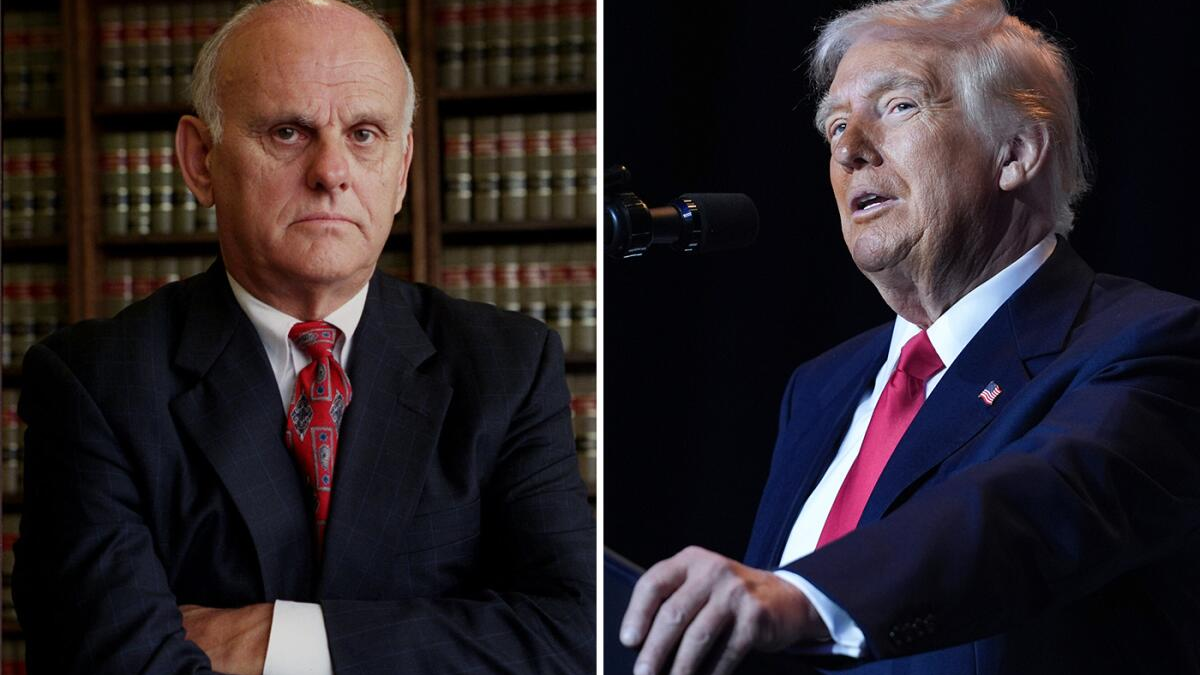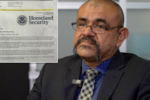A federal judge has blocked former President Donald Trump’s executive order attempting to end birthright citizenship, a move that has sparked significant legal and political battles. Among the states challenging the order is Arizona, which has joined a coalition arguing that the policy violates the U.S. Constitution. The ruling marks a significant legal setback for Trump’s immigration policies and highlights the ongoing debate over the 14th Amendment.
The Legal Battle Over Birthright Citizenship
Birthright citizenship, established under the 14th Amendment of the U.S. Constitution, guarantees citizenship to anyone born on U.S. soil, regardless of their parents’ immigration status. Trump’s order sought to reinterpret this amendment to exclude children of undocumented immigrants from receiving automatic citizenship.
The federal judge’s ruling emphasized that such a change would require a constitutional amendment or congressional action rather than an executive order. Legal experts and civil rights groups hailed the decision as a victory for the rule of law and immigrant rights.
Arizona’s Role in Challenging the Order
Arizona, alongside several other states, has taken a firm stance against the executive order. State officials argue that altering birthright citizenship would have profound legal and social consequences, potentially increasing the number of stateless individuals and burdening state resources with complex legal challenges.
Arizona Attorney General Kris Mayes stated, “This order goes against the fundamental principles of our Constitution. Birthright citizenship is a well-established right, and we will continue to fight against any attempts to strip individuals of their lawful status.”
Political and Public Reactions
The ruling has drawn mixed reactions across the political spectrum. Immigration advocacy groups and civil rights organizations celebrated the decision, arguing that revoking birthright citizenship would create legal chaos and infringe on constitutional protections.
On the other hand, conservative groups supporting stricter immigration policies argue that the current interpretation of the 14th Amendment encourages illegal immigration. Some Republican lawmakers have vowed to push for legislation that would redefine birthright citizenship through congressional action.
The Path Forward
With the court blocking Trump’s order, the issue is likely to continue through the legal system, possibly reaching the Supreme Court. Additionally, lawmakers on both sides of the aisle may introduce legislation addressing birthright citizenship, though any significant changes would face considerable hurdles.
For more on this legal battle, visit ACLU.
Conclusion
The federal judge’s decision to block Trump’s order ending birthright citizenship represents a critical moment in the ongoing immigration debate. With Arizona and other states actively challenging the policy, the legal and political landscape surrounding birthright citizenship remains highly contested. As the case moves forward, its outcome will shape the future of immigration policy and constitutional rights in the United States.
Disclaimer – Our team has carefully fact-checked this article to make sure it’s accurate and free from any misinformation. We’re dedicated to keeping our content honest and reliable for our readers.








